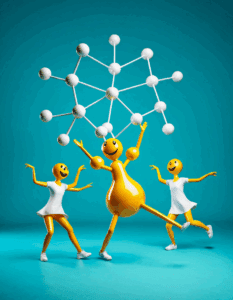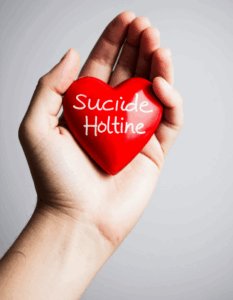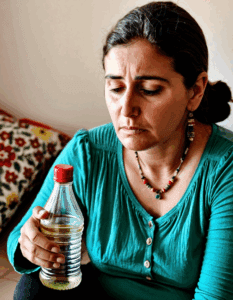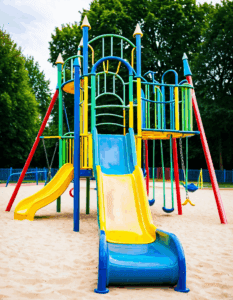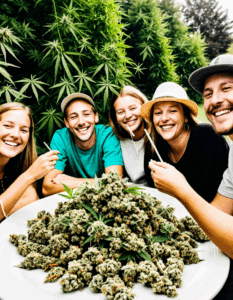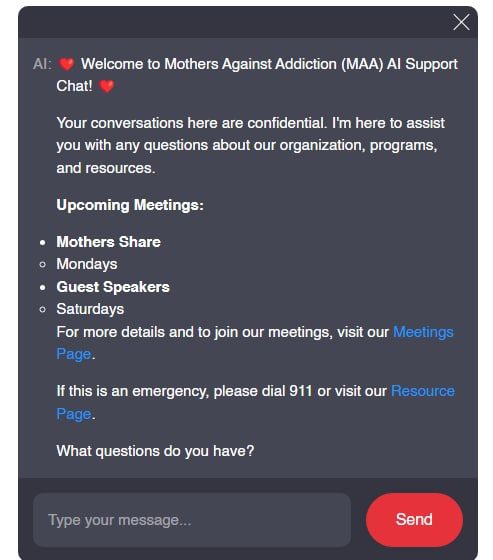The question, “Is heroin an opiate?” carries a lot of weight. Understanding the answer helps us grasp the challenges of addiction and the turmoil it brings to families and communities. Opiates, which are derived from the opium poppy, include medications like morphine and codeine. While these drugs are often prescribed for pain relief, heroin, a potent derivative of morphine, is infamous for its addictive properties and the devastating toll it takes on countless lives.
As we gauge the profound impact of heroin addiction, it’s crucial to highlight its effects on families. Knowing that heroin is an opiate opens up the conversation about treatment, recovery options, and the importance of community support in overcoming this epidemic.
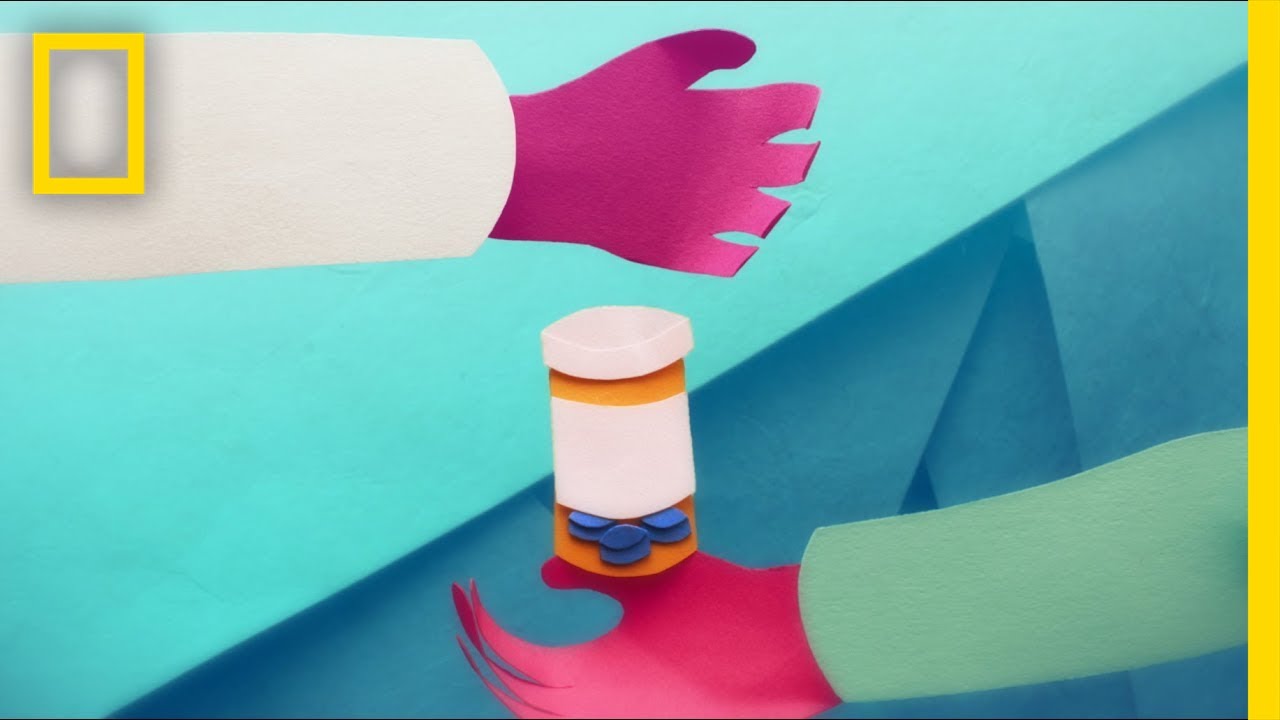
5 Startling Facts About Heroin as an Opiate
Heroin, or diacetylmorphine, boasts a chemical makeup that closely resembles morphine. This similarity enables heroin to bind to opioid receptors in the brain, resulting in overwhelming feelings of pleasure. Unfortunately, this is a double-edged sword. While users chase the initial high, they also face severe withdrawal symptoms when they stop, which can become a formidable barrier in the fight against addiction.
In the U.S., while opiates like prescription painkillers serve legitimate medical purposes, heroin has no recognized medical use. Its illicit status only reinforces the dangers surrounding it. Lately, there’s been a surge in heroin usage, driven mainly by the ongoing opioid crisis and the misuse of prescription opioids. This alarming trend calls for immediate action and education.
Withdrawal from heroin can trigger an array of distressing symptoms, mirroring those associated with other opiates. This can include severe anxiety, muscle pain, sweating, and nausea. A study reflecting the experiences of individuals at Narcotics Anonymous uncovered that many felt the psychological hurdles of withdrawal were just as harrowing, if not more so, than physical symptoms. This insight emphasizes the multifaceted nature of addiction and recovery.
Longstanding heroin use can wreak havoc on one’s health, paving the way for severe respiratory issues, heart diseases, and liver ailments. Research published in 2020 found that individuals addicted to heroin suffer significantly higher mortality rates than the average population. The reality is clear: heroin doesn’t just deliver immediate dangers; the impacts can linger, affecting the health of users for years to come.
The far-reaching effects of heroin addiction extend far beyond the individual user. Families experience emotional pain, financial difficulties, and a shift in the dynamics of their relationships. Economic analyses show opioid misuse, including heroin, costs the U.S. an astonishing $78 billion annually due to healthcare expenses, lost productivity, and law enforcement actions. In short, the crisis stretches its tendrils into our communities, demanding a collective response.

Seeking Help: The Path to Recovery
For those grappling with heroin addiction, acknowledging it as an opiate is a vital step toward exploring treatment options. Choices include medication-assisted treatment (MAT), which employs medications like buprenorphine or methadone to alleviate withdrawal symptoms and cravings. Pathways to recovery also feature support groups, therapy, and rehabilitation programs.
Success stories, such as that of Demi Lovato, highlight the importance of community support and awareness. Demi, who bravely discusses her struggles with addiction, serves as a beacon of hope for many. Her journey underscores one important message: with the right help and support, recovery is indeed possible.

A Collective Responsibility
Recognizing that heroin is an opiate is a stepping stone toward understanding the broader implications of addiction. It calls for unified efforts from families, communities, healthcare professionals, and policymakers. Education and awareness can act as potent remedies to combat addiction, offering families the lifeline they severely need.
As we traverse the muddy waters of the heroin crisis, fostering discussions, sharing personal stories, and advocating for comprehensive support systems become essential. This is a collective responsibility that can rewrite the narrative around addiction, merging hope with proactive measures for recovery.
If you’re a parent facing the heartbreak of a child’s addiction or the loss of a child due to substance use, remember: you are not alone. Organizations like Mothers Against Addiction exist to offer support, resources, and community connections. You can seek guidance through drug Tests or even home drug Tests to better understand your child’s struggles. Together, we can cultivate a culture of resilience and healing, driving towards brighter days ahead.
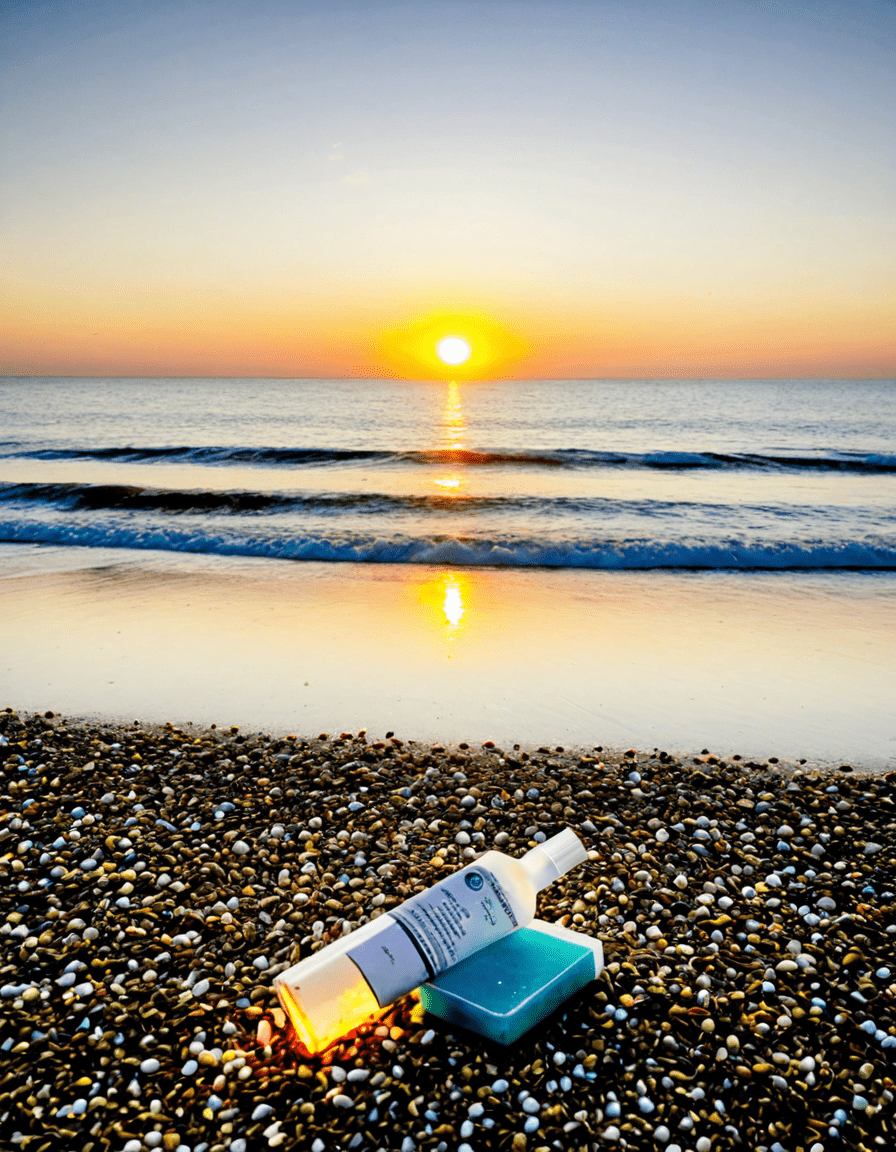
Is Heroin an Opiate? The Startling Truth You Must Know

Unpacking the Opiate Myth
So, let’s get straight to it: is heroin an opiate? The answer is a resounding yes! Heroin is derived from morphine, a natural substance taken from the seed pod of the opium poppy plant. This begs the question: why do people still conflate it with other types of drugs? Perhaps it’s due to misconceptions and a lack of understanding about its potent effects. Much like how the San Antonio brahmas have made quite a name for themselves in the sports scene, heroin has also carved out a notorious reputation in the world of substance abuse. Knowing the facts helps demystify the topic and could save lives.
Fun Facts to Consider
Here’s a nugget for you: did you know that heroin was initially marketed as a cough suppressant? It sounds wild, right? Today, it’s clear that this drug can lead to devastating consequences, contrasting sharply with its original intended use. Much like how unsweetened coconut milk has been embraced for its health benefits, the realities of heroin have overshadowed any early claims of safety. As parents, understanding these facades is crucial. It might sound trivial, but recognizing the difference between perceptions and realities plays a vital role in prevention and education.
The Bigger Picture
What’s intriguing, too, is how various synonyms for support can change how we approach the conversation about heroin addiction. Talking openly and honestly can really help in breaking the stigma. Communities across the board, from East Chicago to the rest, are working tirelessly to address addiction through education and awareness. It’s a complex web, like choosing the right pair of Flowy pants—there’s a fit for every body. By diving into the topic of whether heroin is an opiate, we’re peeling back layers that can equip us to combat this issue as a united front, much like the spirit behind vibrant gatherings at places like Cocobongo Cancun, where people come together to celebrate life.
In summary, knowing that heroin is an opiate unlocks crucial dialogues. It’s essential to stand informed and proactive in the fight against addiction. By equipping ourselves with knowledge, we can better support those who are struggling, making a meaningful impact in our communities.




